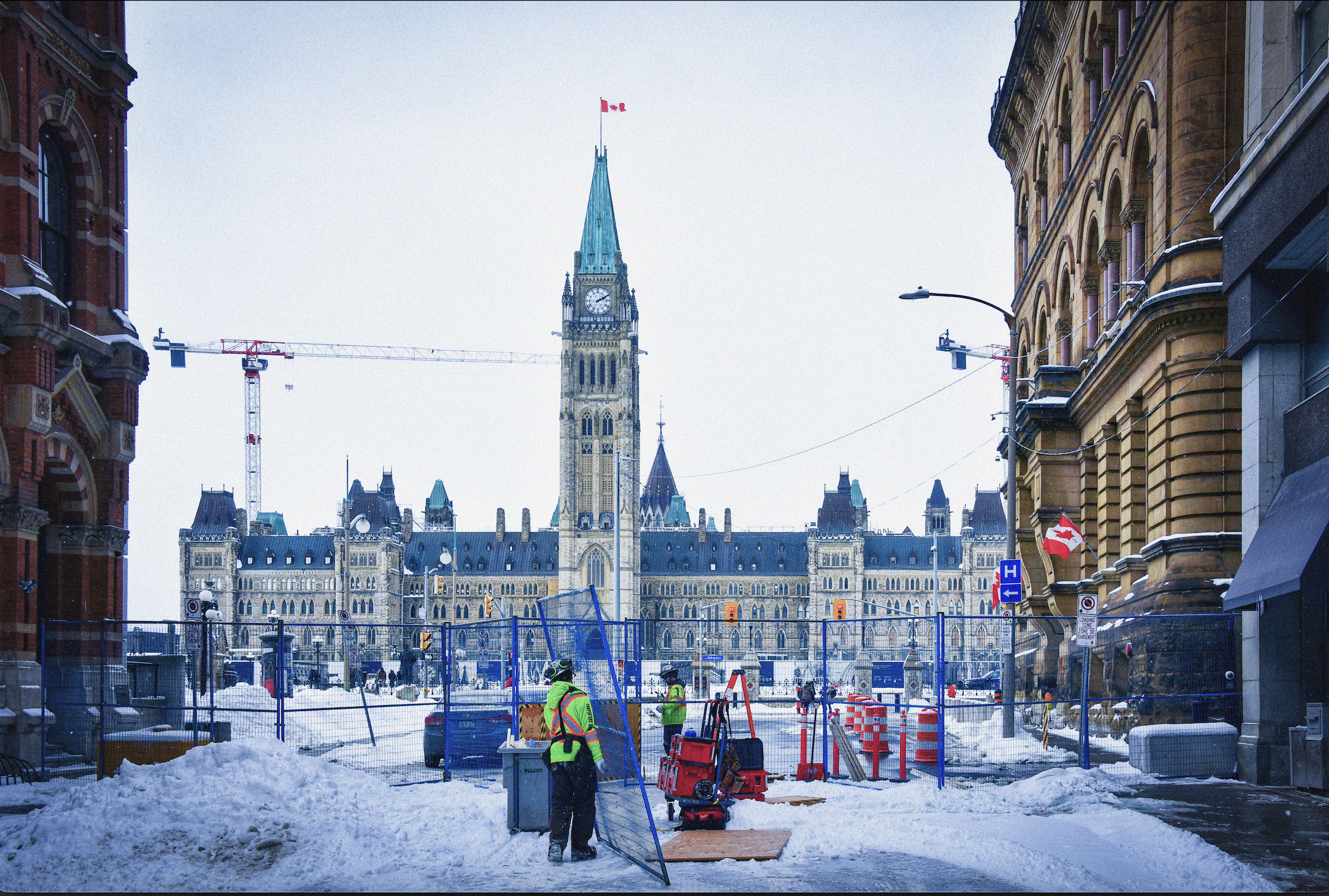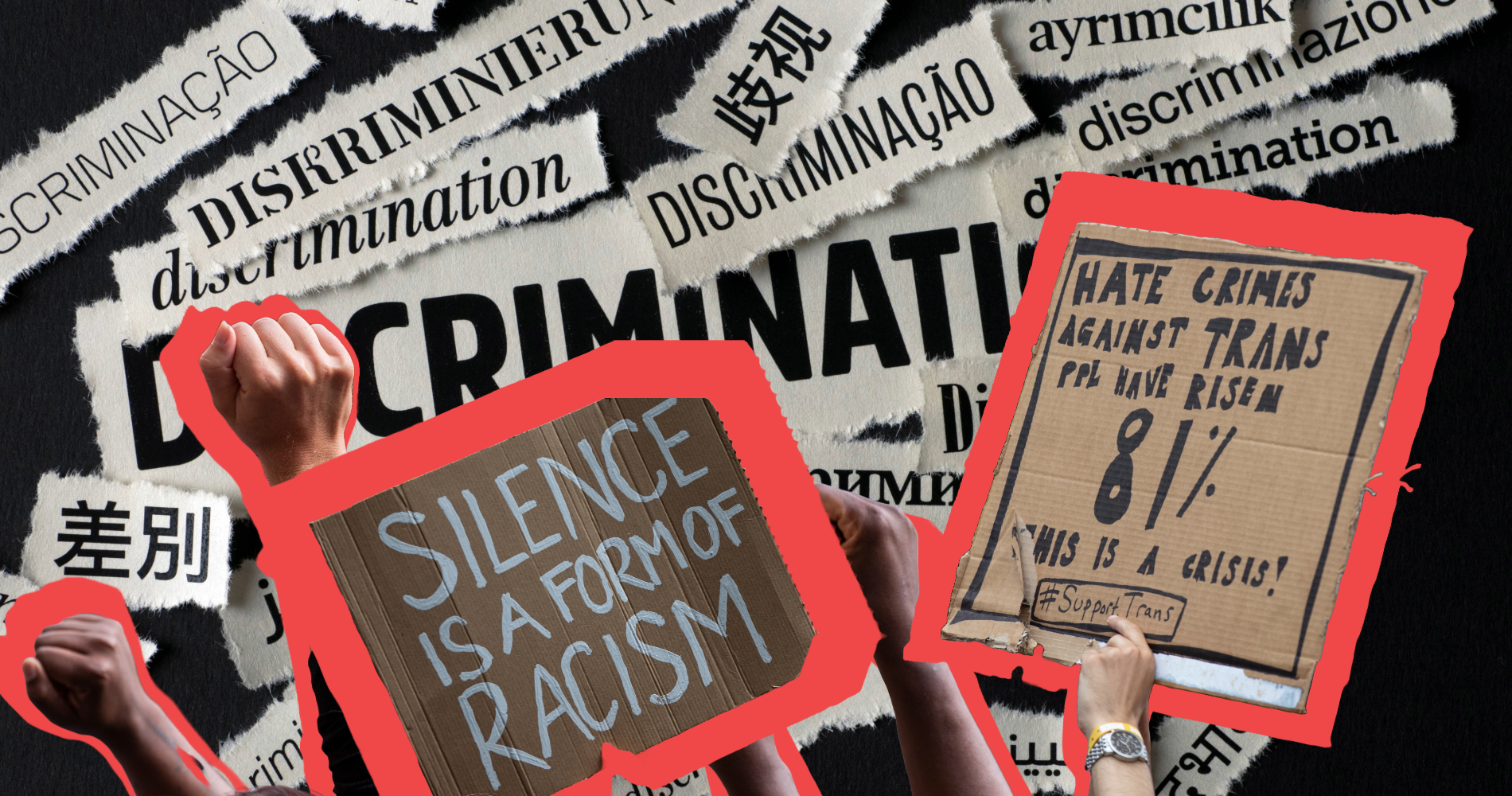There is no doubt that compared to other peer jurisdictions Canada has remained resilient in the face of mis/disinformation in the past. However, declining trust in mainstream media, American mis-/disinformation actors inserting themselves into Canadian political narratives, and examples of foreign interference underscore why past resilience should not make us complacent in addressing these growing threats to our democracy.
During the last federal election, the Media Ecosystem Observatory (MEO) led the Canadian Election Monitoring Project to monitor and respond to serious cases of mis-/disinformation during the 2021 federal election, as well as study Canadian attitudes towards it. In its final report, MEO attributed Canada’s resilience to mis-/disinformation to the country’s “relatively high level of trust in mainstream media, low disinformation production of broadcast media outlets, and its comparatively low levels of societal polarization and populist communication.”
But this bedrock of resilience is shifting: levels of trust in mainstream media are falling, Canadians are increasingly getting their news from other sources, and populist political rhetoric is increasing.
Our content is fiercely open source and we never paywall our website. The support of our community makes this possible.
Make a donation of $35 or more and receive The Monitor magazine for one full year and a donation receipt for the full amount of your gift.
A recent Reuters Institute report found that Canada has had one of the biggest drops in trust in public broadcasting in the last four years. As they shift away from traditional media, Canadians are increasingly turning to podcasts and social media for their news, which boast little, if any, of the journalistic standards of public broadcasting and mainstream media.
This makes Canadians more likely to come across mis-/disinformation and be susceptible to it. And while there is no Canadian equivalent to Fox News, Canada has a thriving network of partisan right-wing media sites that masquerade as legitimate news sites. Failing to bolster the resiliency of our information ecosystem increases Canada’s vulnerability to mis/disinformation.
Even more worrying, populist communication from mainstream political actors is becoming more commonplace and there seems to be an increasing willingness by the Conservative Party of Canada and its newly minted leader, Pierre Poilievre, to peddle misinformation. Poilievre has falsely accused Prime Minister Justin Trudeau of planning to tax pickup trucks as well as claiming that the Trudeau government would be banning nitrogen-based fertilizers for agricultural purposes.
These examples are important to highlight in the context of Canada’s need to strengthen its misinformation resiliency, not least because MEO’s research found that misinformation that closely resembles the truth is likely to be widely seen and believed.
Poilievre is not alone in providing a platform to conspiracy theories. In a 30-minute live broadcast on Facebook earlier this spring, then-leadership candidate and now the Government Critic for Infrastructure and Communities, Leslyn Lewis, alleged that Prime Minister Trudeau was entering Canada into an international pandemic treaty governed by the World Health Organization (WHO) that would restrict Canadians’ travel and medication choices, suspend the Charter of Rights and Freedoms and would ultimately pave the way for a global government.
Additionally, both Poilievre and People’s Party of Canada Leader Maxime Bernier have singled out journalists by name and journalistic outlet, further contributing to Canadians’ growing distrust in the mainstream media.
But the problem is not only homegrown: people like Fox News’ Tucker Carlson and Republican Congresswoman Lauren Boebert, as well as former American President Donald Trump, have inserted themselves into Canadian domestic narratives and fueled misinformation-driven right-wing populism in Canada, too.
In February, Boebert expressed her support for the Freedom Convoy by saying that Canada needed to be “liberated along with Ukraine.”
Tucker Carlson covered the blockade of the Ambassador Bridge on his primetime show, calling it “a useful reminder to the entitled ruling class” and at a political rally in Texas, Trump said the convoy participants were “doing more to defend American freedom than our own leaders by far.”
Beyond the overt messaging from the American right, there have also been foreign state-led efforts that have sought to influence the outcome of our federal elections.
Canadian intelligence agencies have uncovered efforts by Indian government agencies to use disinformation to “covertly influence” Canadian politicians.
More recently, in the 2021 federal election MEO found that Chinese officials and state media propagated “[m]isleading information and information critical of certain [Canadian] candidates,” which was shared widely on Chinese-language social media platforms. MEO found that this was done, “with an apparent aim to convince Canadians of Chinese origin to vote against the Conservative Party.”
“
It’s easy to take Canada’s robust and healthy democracy for granted. But democracy takes work.
Although MEO’s research showed that these efforts did not impact the outcome of the election in 2021, Canada needs to be proactive in how it addresses these threats to our democracy posed by misinformation and the actors who capitalize on it.
There are a handful of possible policy solutions outlined in the 2021 MEO report that can help build and maintain Canadian resilience to mis-/disinformation. First, MEO proposes developing a community of practice focused on tackling this problem in Canada. Such a body would be composed of researchers, government bodies, media organizations, and civil society organizations that can provide continuous analysis of the health of Canada’s information ecosystem. Ideally, this community would also have connections to social media companies to maximize access to as-complete-as-possible data while still protecting the privacy of Canadians.
Second, MEO recommends strategically countering misinformation. Journalists and media organizations should develop and implement a set of standards that avoids inadvertent amplification of mis-/disinformation. MEO observed this phenomenon when a misleading tweet during the 2021 federal election by Chrystia Freeland was flagged by Twitter as “misleading content,” which then fueled its own misinformation cycles among both Liberal and Conservative Party voters.
Third, we recommend increasing public resilience to misinformation, which can be done in multiple ways. Finland, for example, introduced a strategy in 2014 to improve its resilience to misinformation after being targeted with fake news by Russian state actors. The strategy included a multi-disciplinary curriculum taught as early as elementary school and focuses on building multi-platform information literacy and critical thinking skills. The government strategy also included providing training for civil servants, journalists, teachers and librarians.
Thanks to these efforts, Finland was ranked first out of 36 countries this year in a study on European resiliency against misinformation.
Another thing to consider is improving transparency in communications by government agencies, institutions and representatives. Mis-/disinformation thrives in an information vacuum or where transparent and reliable information is difficult to access. Similarly, toxic partisanship exhibited by any political leader contributes to the declining trust in authoritative sources of information.
Finally, we recommend extending initiatives that limit and counter misinformation beyond election periods. While there is increasingly intense focus on this issue during election cycles both by public broadcasters and social media platforms, this usually ends once the ballots are counted. As noted by the MEO Report authors, “[t]he threat to democracy may lie more in the slow and steady erosion of factual agreement, institutional trust, and social cohesion than in a flurry of election activity.”
It’s easy to take Canada’s robust and healthy democracy for granted. But democracy takes work. Hopefully, our political leaders realize they need to start putting in the work to protect ours.


